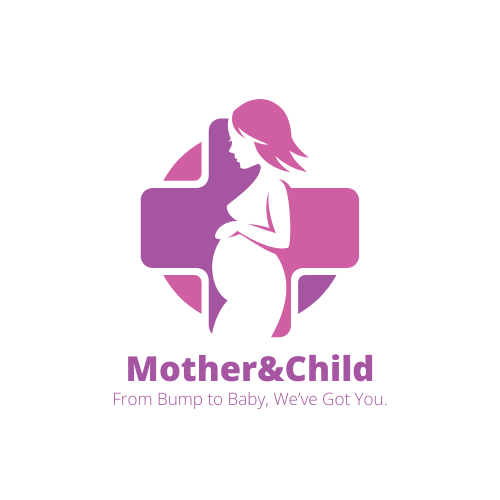1. Introduction
Completing this course is a big achievement — but breastfeeding support is a journey. Every mother’s situation is unique, and continued guidance, peer connection, and professional learning opportunities ensure lasting success.
2. Seeking Local Support
Where to Look:
-
Health facilities — maternity wards, child welfare clinics, and maternal/child health departments.
-
Community Health Workers (CHWs) — often the first point of contact in villages and towns.
-
Peer counsellors / Mother-to-Mother groups — safe spaces for sharing and learning.
-
Faith-based & NGO programs — many churches, mosques, and NGOs host mother support sessions.
-
National hotlines — some countries run breastfeeding or maternal health helplines.
How to Access:
-
Ask your nurse or midwife for local referral contacts before discharge.
-
Save hotline numbers provided by government/NGOs.
-
Join WhatsApp/Facebook support groups run by verified health organizations.
3. Advanced Training Options
For Mothers Wanting Deeper Knowledge
-
Local workshops: Many health centers run short sessions on advanced feeding, weaning, or childcare.
-
Certified peer counsellor training: Programs supported by UNICEF, WHO, or NGOs like La Leche League.
For Health Professionals or Volunteers
-
WHO/UNICEF “Baby-Friendly Hospital Initiative” training
https://www.who.int/activities/baby-friendly-hospital-initiative -
International Board Certified Lactation Consultant (IBCLC) credential
https://iblce.org/ -
La Leche League Leader Accreditation (peer support pathway)
https://www.llli.org/
End of Lecture Quiz
Q1. Which of the following is often the first point of contact for mothers in rural communities?
A. Hospital specialist
B. Community Health Worker
C. Pharmacist
D. Television programs
Answer: B. Community Health Worker
Rationale: CHWs are nearby, accessible, and trained to give initial breastfeeding support.
Q2. True or False: Only doctors can become breastfeeding counsellors.
Answer: False
Rationale: Peer counsellors, trained mothers, nurses, and midwives can all provide breastfeeding counselling.
Q3. Name one global organization offering advanced breastfeeding training.
Answer: WHO, UNICEF, La Leche League, or IBLCE.
Rationale: These bodies set evidence-based standards and accredit professionals.
Curated Online Resources
-
WHO — Breastfeeding Resources & Training
https://www.who.int/health-topics/breastfeeding -
UNICEF — Infant and Young Child Feeding
https://www.unicef.org/nutrition/infant-and-young-child-feeding -
La Leche League International — Training & Support
https://www.llli.org/ -
IBLCE — Lactation Consultant Certification
https://iblce.org/
Key Takeaways
-
Support doesn’t end with this course — every community has potential helpers (CHWs, peer groups, health facilities).
-
Mothers can grow into peer leaders, spreading knowledge to others.
-
Health professionals can take advanced training to specialize in lactation.
-
The journey is communal, lifelong, and empowering.
Call to Action
-
Mothers: Save local contacts today — CHWs, clinics, or helplines.
-
Fathers/Families: Encourage mothers to join peer groups for ongoing support.
-
Professionals: Consider advanced training to strengthen breastfeeding support networks in your community.


